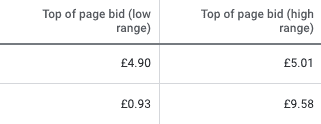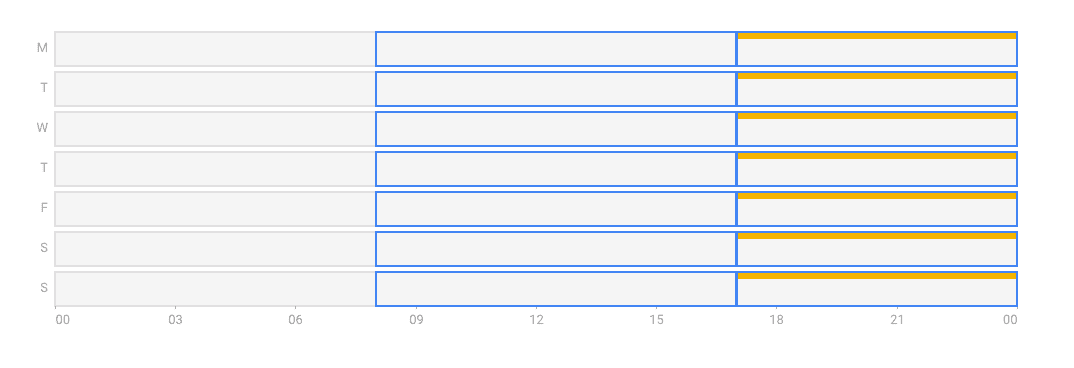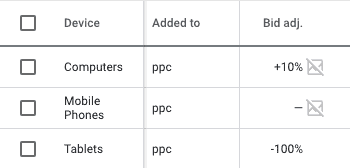Setting a Budget For Your PPC Campaign
When starting a PPC advertising campaign, one of the most important tasks, and most overlooked task, is deciding whether your PPC campaign will actually be profitable for your business. With PPC, it is very easy for newcomers to be deceived and look at the wrong metrics when deciding if their campaign is successful: the majority of people will base their campaign success off of how many clicks they gained rather than how many conversions and return on ad spend they accumulated. In this blog, I will cover the many parts of deciding a PPC budget for your advertising campaign.
Keyword Research
The first part of any pay per click campaign is to decide on the keywords you will be targeting. This isn’t just about finding the keywords, it’s about realising the intent behind the keywords too. For instance, if you are selling tuxedo suits, your keyword would be “tuxedo suits”. However, you now need to look at the intent. The actual PPC keyword to target should be something like “buy tuxedo suits” as this will have a higher conversion rate, as the intent of the search is to find something to buy as opposed to researching the product. This makes for a much more profitable keyword bidding strategy.

Search Trends
Search volume is the amount of times that a keyword/query is searched into Google, and represents the amount of times your PPC ad can possibly be shown. It is important to understand these search trends to ensure your ad is showing at the right times, or even showing at all. Some keywords/queries will have such a low search volume that PPC ads won’t even be shown at all.
CPC Estimates
Whilst researching search trends, you can also see the estimated cost per click for the keyword. These are predictions on how much you’ll be spending for every click you receive on the keyword. High search volume will usually be accompanied with a high cost per click, and profitably will depend on your business and product. It is up to you and your research to determine whether it is profitable to win those clicks.
Locations
Location targeting also plays a factor into your costs and budgets. If you’re a small local business situated in a village, your bids are probably going to be a lot lower than targeting London. This is again due to competition: people targeting a city like London are more likely to be much larger companies with vast marketing budgets, whereas a small village will have smaller competition.
Schedule Times
The ad schedule is the times in which you have decided to allow your PPC ads to run. The time can also affect how much you bid and how much profit you make. Specific products may garner more searches later at night or outside work hours. Finding and targeting these specific times means you are spending your budget at specific times where you have determined more people will be searching and interested in what you have to offer.
Devices
You can also bid on specific devices, from decreasing, increasing and even completely removing a device from showing your PPC ad. You need to determine which devices your target audience is using for research, and which device your audience is using to purchase. Use this data to choose which device you should aggressively target to drive sales and conversions.
Conclusion
Those are just some of the things you can do to control how much you spend on your PPC advertising campaign. Get the most out of your online marketing with Blue Whale Media – a website design company in Stockport. Learn more about our PPC marketing service here.










